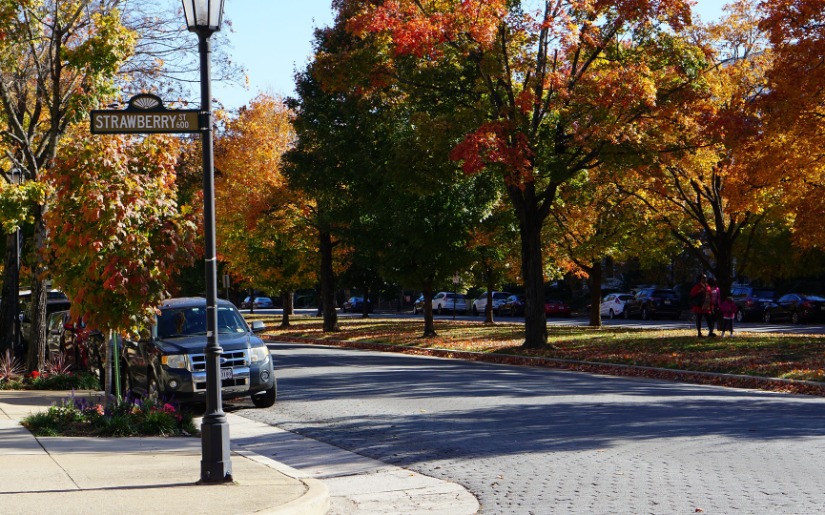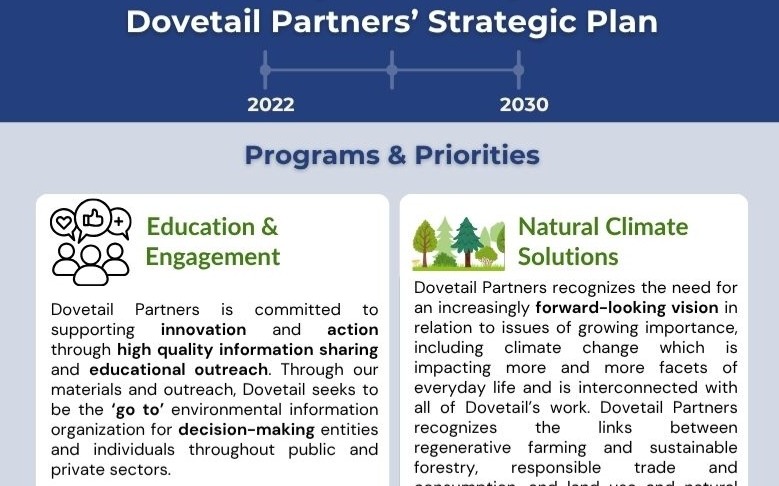This project examined urban tree utilization and the urban forestry programs in the communities of Richmond, Virginia and Raleigh, North Carolina. Individual reports for each community were prepared which include summaries of existing urban tree utilization, urban forestry programs, case studies of specific partnerships and opportunities, and results of stakeholder consultations.
Urban forests provide diverse and essential benefits and services to communities. When trees are removed, the wood is most often mulched, composted, or sent to a landfill site. But, in the U. S, urban forests offer the potential for enhanced utilization with estimates of annual availability ranging from 16 to 38 million green tons.
Barriers to urban tree utilization include technical and logistical constraints, availability of processing facilities, and markets. Perhaps the most significant barrier to urban trees entering the wood processing stream may be the prevalent idea that urban trees are suitable only for low-value products. Many urban forestry program managers, as well as urban residents, are not fully aware of the opportunities for use of urban trees following removals and associated potential benefits.
Across the U.S., urban forestry programs are typically located in either a Department/Division of Public Works or a Department/Division of Parks. In Richmond, the Public Works Department has responsibility for the management of the urban forest, whereas in Raleigh, this responsibility resides with the Parks Division. The assessment of these two urban forestry programs included review of their urban tree planning and implementation processes. The review covered program materials, site visits, staff interviews, city tours, observations of on-the-ground program activities and outcomes, and surveys of stakeholders to identify program strengths and weaknesses.
The two assessments led to recommendations and identification of potential actions for each city. The project findings were presented to each community and have resulted in actions being taken in Richmond and Raleigh to further enhance utilization of urban trees through strong and robust urban forestry programs.
The full Richmond, Virginia and Raleigh, North Carolina assessments can be downloaded at the following links:
Richmond, Virginia: An Assessment of Municipal Tree Utilization and the Urban Forestry Program
Raleigh, North Carolina: An Assessment of Municipal Tree Utilization and the Urban Forestry Program
The full summary report of both cities can be downloaded below.
Following this project, further assessments were undertaken in Raleigh, read more here.
- Lead AuthorBratkovich
- DateApril 2016
- CategoryEnvironmental, Forest products, Forestry, Wood
- Project FileDownload

.png)
.png)
.png)

.png)
.png)